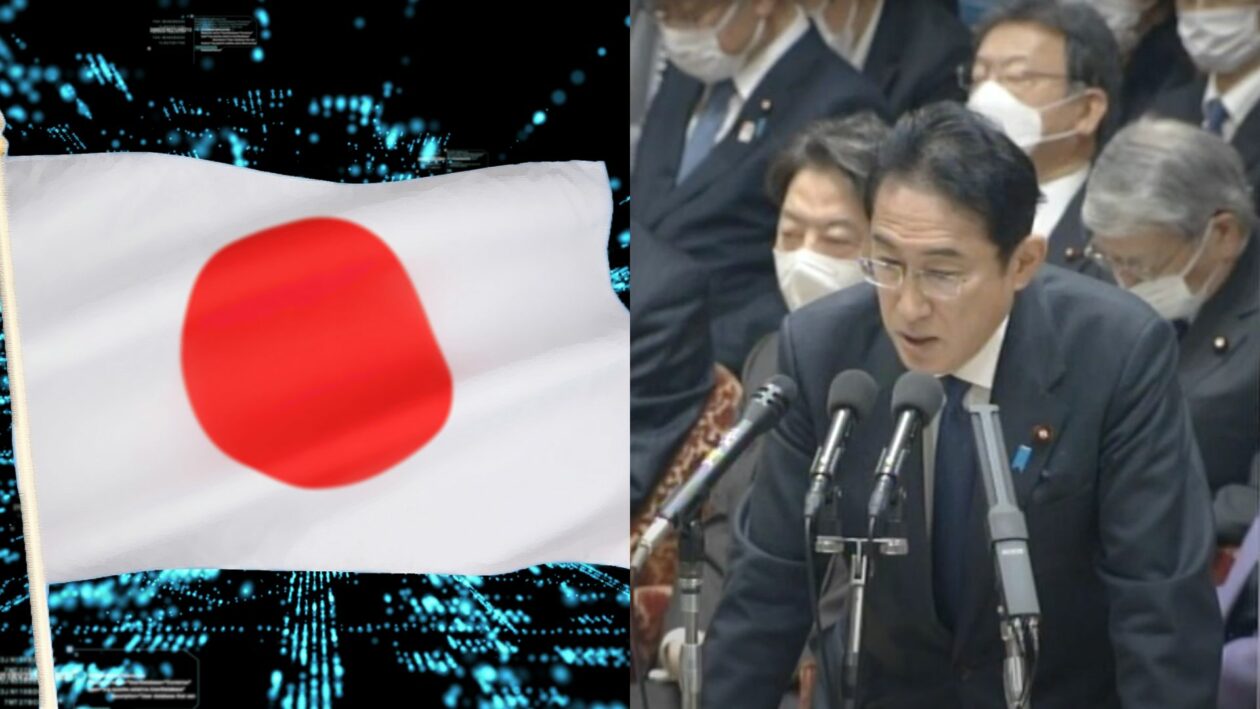Blockchain-based non-fungible tokens (NFT) and decentralized autonomous organizations (DAOs) can help support Japan’s national strategy dubbed ‘Cool Japan’ to attract investment and expand the economy, Prime Minister Fumio Kishida said at the House of Representatives’ Budget Committee meeting on Wednesday.
See related article: Japan’s financial regulator aims to lift ban on foreign stablecoins by June this year
Fast facts
- Kishida said NFTs, or digital assets that can comprise different art forms including video, will help creators to diversify their income and maintain a loyal fanbase. He was responding to questions by Masaaki Taira, member of the Liberal Democratic Party and leader of the government’s Web3 task force, according to Cointelegraph.
- Kishida added that DAOs, which are entities built on blockchains that are collectively owned and governed by the community, can encourage people to convene for social issues of their interest.
- ‘Cool Japan’, a term that gained prominence in the early 2000s, is an initiative that highlights and promotes the country’s cultural influence, featuring J-pop, manga and anime, film or video games, to strengthen economic and diplomatic ties with other countries.
- Prime Minister Fumio Kishida, who assumed his position in 2021, supports digital finance and Web3 adoption in Japan to reinvigorate the economy in what he has called “new capitalism.” Web3 refers to the latest wave of technology innovations utilizing blockchain technology, which includes cryptocurrencies, NFTs and the metaverse.
- Major Japanese game developers are incorporating blockchain technology into their business — Konami, the multinational behind Metal Gear Solid, added 13 new positions last October for its blockchain ventures. Sega, creator of Sonic the Hedgehog, announced in September that it is working on its own blockchain-based collectibles game. Final Fantasy maker Square Enix reiterated its commitment to its Web3 venture in January.
See related article: Japan ruling party lawmaker calls for regulatory clarity after FTX debacle





